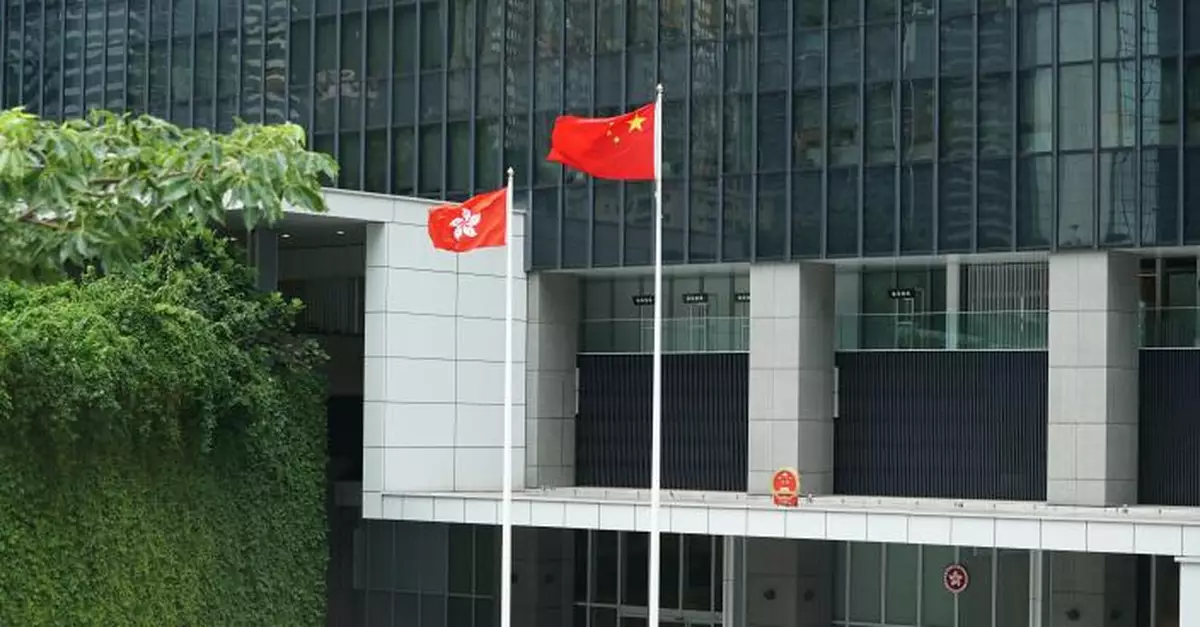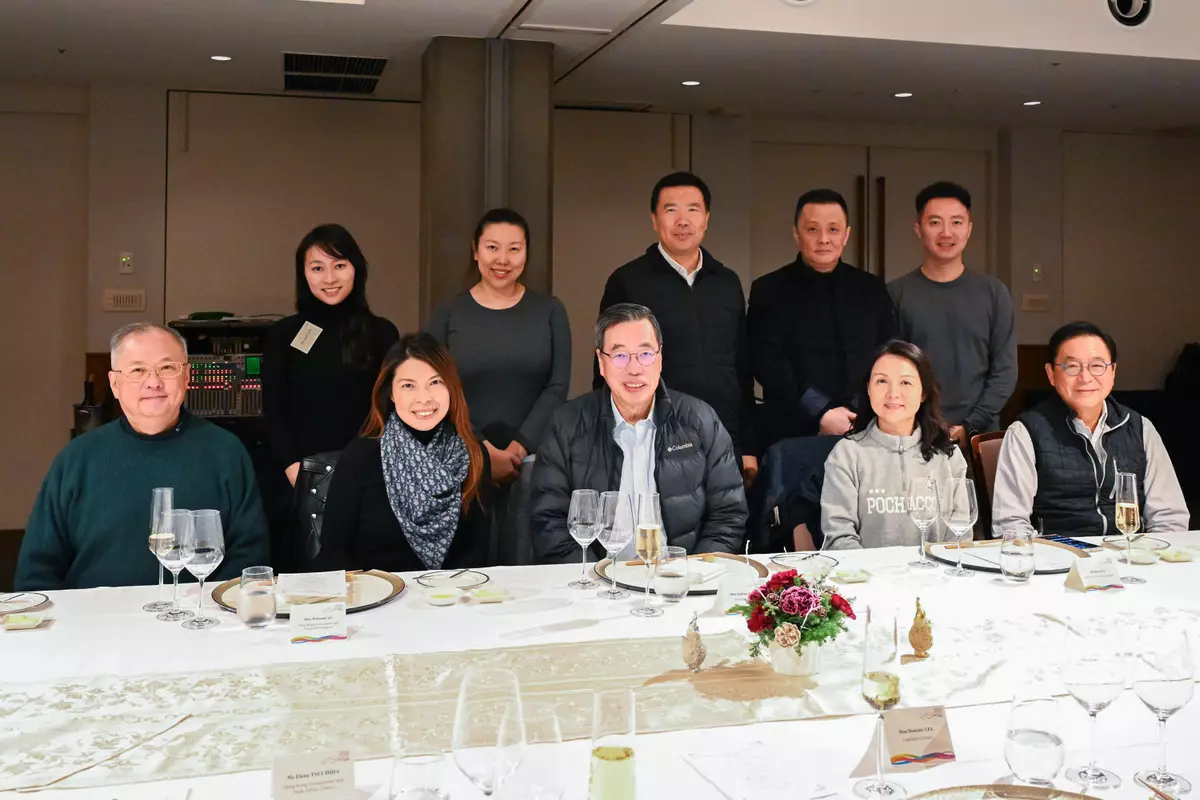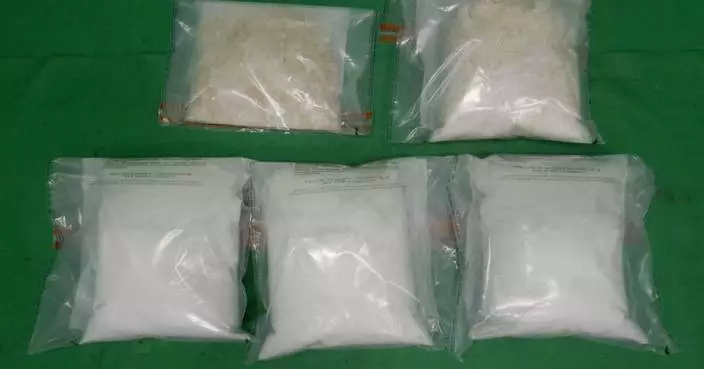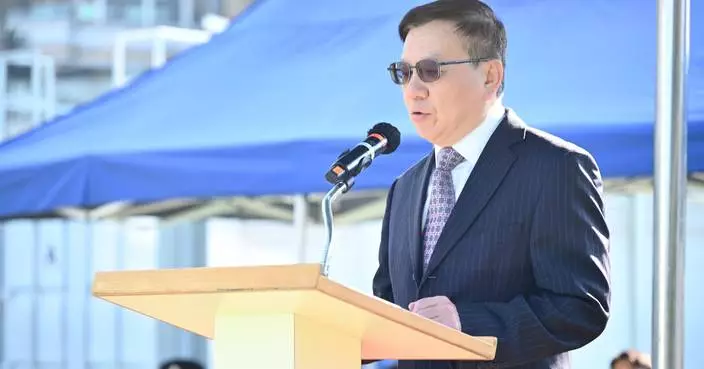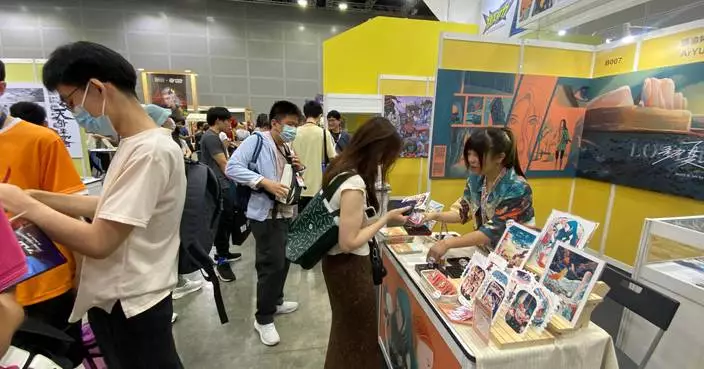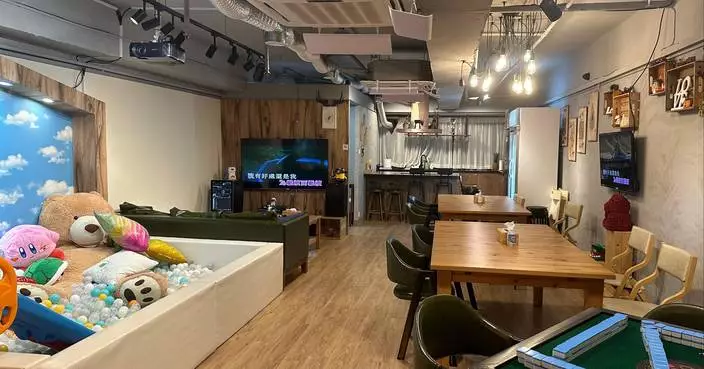HKSAR Government opposes foreign interference with judicial proceedings concerning Hong Kong National Security Law case
The Government of the Hong Kong Special Administrative Region (HKSAR) today (September 13) strongly disapproved and opposed the acts of the "international legal team" for Lai Chee-ying and his son Sebastian Lai, and those of Sebastian Lai himself, to scandalise the Hong Kong National Security Law (NSL) and the judicial system of the HKSAR, and to abuse the United Nations mechanisms by soliciting the United Nations Special Rapporteur on Torture to interfere in the judicial proceedings of Lai Chee-ying's case concerning the NSL.
A spokesman for the Government said, "Hong Kong is a society underpinned by the rule of law and has always adhered to the principle that 'laws must be obeyed and lawbreakers be held accountable', which is well recognised by international communities. The Department of Justice (DoJ) of the HKSAR, by virtue of Article 63 of the Basic Law, controls criminal prosecutions, free from any interference. Independent prosecutorial decisions for each case are made in a rigorous and objective manner, strictly based on evidence and applicable laws and are in accordance with the Prosecution Code. Prosecutions would be instituted by the DoJ only if there is sufficient admissible evidence to support a reasonable prospect of conviction, and if it is in the public interest to do so.
"Any attempt by any country, organisation, or individual to interfere with the judicial proceedings in the HKSAR by means of political power, in order to procure a defendant's evasion of the criminal justice process, is a blatant act undermining the rule of law of Hong Kong and should be condemned. The suggestion that persons or organisations with certain backgrounds should be immune from legal sanctions for their illegal acts and activities is tantamount to granting such persons or organisations privileges to break the law and is totally contrary to the spirit of the rule of law."
The spokesman stressed, "The NSL and the Safeguarding National Security Ordinance clearly stipulate that human rights shall be respected and protected in safeguarding national security. The rights and freedoms enjoyed by Hong Kong residents under the Basic Law and the provisions of the International Covenant on Civil and Political Rights and the International Covenant on Economic, Social and Cultural Rights as applied to the HKSAR are protected in accordance with the law."
The spokesman said, "The HKSAR Government strongly rejects unreasonable smears by external forces regarding treatment received by Lai Chee-ying in correctional institutions. In fact, the Correctional Services Department (CSD) is committed to ensuring that the custodial environment is secure, safe, humane, appropriate and healthy, and have put in place established mechanism to safeguard the rights of persons-in-custody (PICs), including independent visitors, namely Justices of the Peace, who are vested with the statutory duties to inspect the prisons, to ensure the rights of PICs are protected.
"All correctional institutions are equipped with hospitals, staffed by qualified medical staff with the collaboration of doctors stationed by the Department of Health, to provide 24-hour basic medical services. If inmates require further examination and treatment, they will be referred to specialist medical staff or to public hospitals for further follow-up. In addition to basic medical services, the CSD will also arrange regular physical examinations for elderly inmates. According to the law, every PIC needs to participate in physical exercises unless exempted by the medical officers on medical grounds. PICs will be arranged to exercise outdoors for not less than an hour every day. Each cell or dormitory is of adequate size and designed to ensure proper lighting, ventilation, and fittings essential for maintaining health."
The spokesman stressed, "The CSD adopts the above arrangements when handling matters related to inmate Lai Chee-ying, which is the same as other inmates. Any accusation concerning Lai Chee-ying not receiving appropriate treatment in prisons, including not having access to optimal medical services, cannot be further from the truth and is only spreading rumours to create trouble."
The HKSAR Government will never tolerate, and strongly deplores, any form of interference by anyone with the judicial proceedings of the HKSAR.


